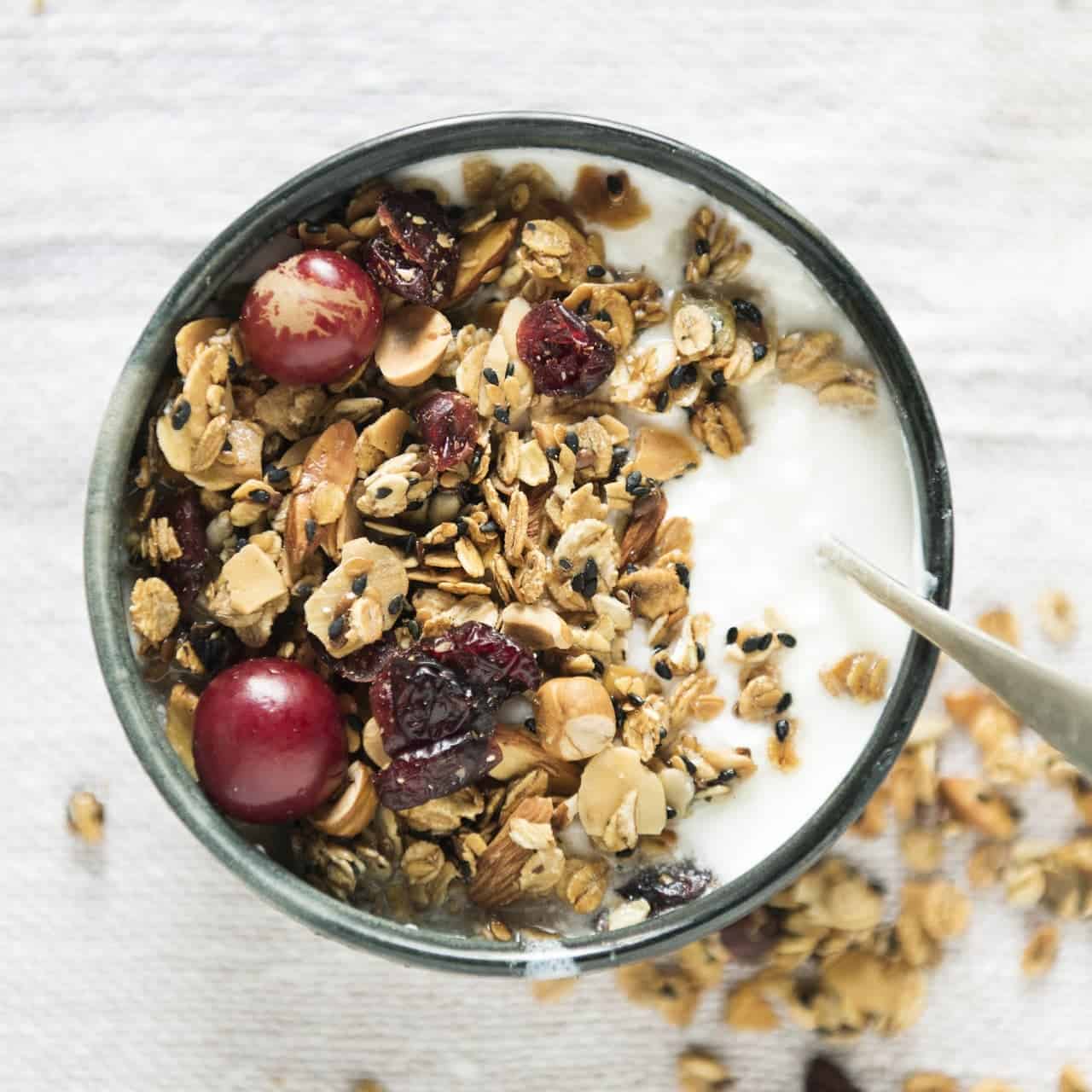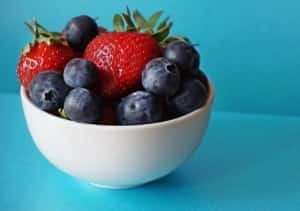Any time you consume a substance and your body interprets it as “foreign,” your immune system will go into active mode. Whether you encounter a type of pollen from a tree or flower, a food you don’t usually eat, or a chemical in your beauty products, your immune system will respond.
However, there are also times when your body experiences inflammation. That can happen even when you haven’t consumed anything that you’re allergic or intolerant to. When you find that your body is inflamed on a regular basis, this can lead to a host of diseases and conditions. Alzheimer’s, heart disease, diabetes, and blood sugar issues, arthritis, depression, and even forms of cancer link to ongoing inflammation in the body. One of the best ways to reduce inflammation and preserve health is to adopt an anti-inflammatory diet plan filled with foods that keep the body from having an inflammatory reaction.
Dr. Frank Hu, professor of nutrition and epidemiology at the Harvard School of Health Department of Nutrition, shares that the best way to fight inflammation may be with diet instead of medicine. Dr. Hu asserts that the right foods and beverages can reduce inflammation and even improve your health.
Here are 10 of the foods you can include in your anti-inflammatory diet plan.
1. Tomatoes
Tomatoes should be part of your anti inflammatory diet because they are a significant source of vitamin C and have lycopene, an antioxidant that reduces inflammation in the body, especially the lungs. Cooked tomatoes have even more lycopene, so adding tomato sauce to your meals could help to improve your overall wellbeing.
2. Olive Oil
Cooking with olive oil can prevent inflammation and can improve your digestion. Olive oil also has the ability to lower your cholesterol, improve your heart problems and help you to achieve your weight loss goals.
3. Leafy Greens
Leafy greens like spinach and chard are high in vitamin E and shield the body from molecules called cytokines that can lead to inflammation. Kale and broccoli are also included in this group, and they have lots of iron and flavanoids that fight disease.
4. Fatty Fish
Fish that is rich in omega-3 fatty acids like tuna, salmon, mackerel and sardines are great for getting rid of inflammation and should be included in your anti inflammatory diet. It’s best to each these fish 2-3 times a week and to bake, broil or poach the fish to get the results you want. Eating these fish and preparing them healthily can reduce the risk of dying from heart disease by 23 percent for men; the percentage wasn’t as high for women, but the benefits are still significant.
5. Peppers
Dr. Karen Costenbader, rheumatoid arthritis doctor and associate professional of medicine at Harvard Medical School says that colorful veggies like peppers are an essential part of an anti inflammatory diet. In addition to bell peppers, Dr. Costenbader says that it’s important to include vegetables with bright colors like squash, leafy greens and tomatoes, since these contain low starch levels and lots of antioxidants. Spicy peppers like cayenne and chili are also high in capsaicin, which is used in capsules and creams to reduce inflammation and soothe muscle pain.
6. Soy
According to studies, isoflavones, which are the compounds found in soy that the body transforms into chemicals that are similar to estrogens, can reduce inflammation in women. Soy isoflavones also reduced inflammation in the bones and heart in mice, according to a study in the Journal of Inflammation published in 2007.
7. Citrus Fruits
Citrus fruits should be a regular part of your anti inflammatory diet because they are rich in antioxidants, particularly vitamin C and fiber, to keep your digestive system healthy. Fruits like oranges, grapefruits, lemons, and limes can also keep you hydrated which keeps your body from developing unnecessary inflammation.
8. Berries
Berries contain both fiber and vitamin C, which boost the immune system and keep inflammation at bay. Vitamin C is also an antioxidant that prevents free radicals from getting into the bloodstream and causing inflammation. Eating raw blueberries, strawberries, and raspberries as a snack can help you get the essential nutrients of these fruits, or you can add them to cereals and trail mixes for enhanced flavor and texture.
9. Nuts
Nuts are a source of protein for strong bones and contain fiber to keep you fuller for longer periods of time throughout the day. Walnuts are high in omega-3 fatty acids and almonds have vitamin E and calcium, all of which help to fight inflammation. Virtually all types of nuts contain antioxidants that help reverse the damage inflammation does to the body.
10. Whole Grains
Eating foods that are rich in whole grains can cut out unhealthy swelling, supply your body with more fiber to balance glucose levels, and help you maintain a balanced anti-inflammatory diet. Fiber also lowers C-reactive protein levels in the body. This can indicate inflammation in the blood. Be sure to check the labels on your foods, however, because not all “whole grain” products are created equal. The total number of grams per serving of carbohydrates should be less than 10 times the grams of fiber for the complex carb to be especially beneficial.
It is also important to remember that there are some foods that increase inflammation. If you’re trying to stick to an anti-inflammatory diet to improve your health or lower your chances of certain diseases, stay away from fats like lard and margarine when cooking. It’s also best to eliminate simple carbohydrates like white pasta and rice from your diet and to reduce or eliminate fried foods.
It’s a good idea to stay away from beverages that are high in sugar, since this can lead to inflammation. Swapping these foods and drinks out for some of the items mentioned could help you to do away with fatigue and brain fog. It may also protect your body from the substances that could lead to chronic health issues.


















